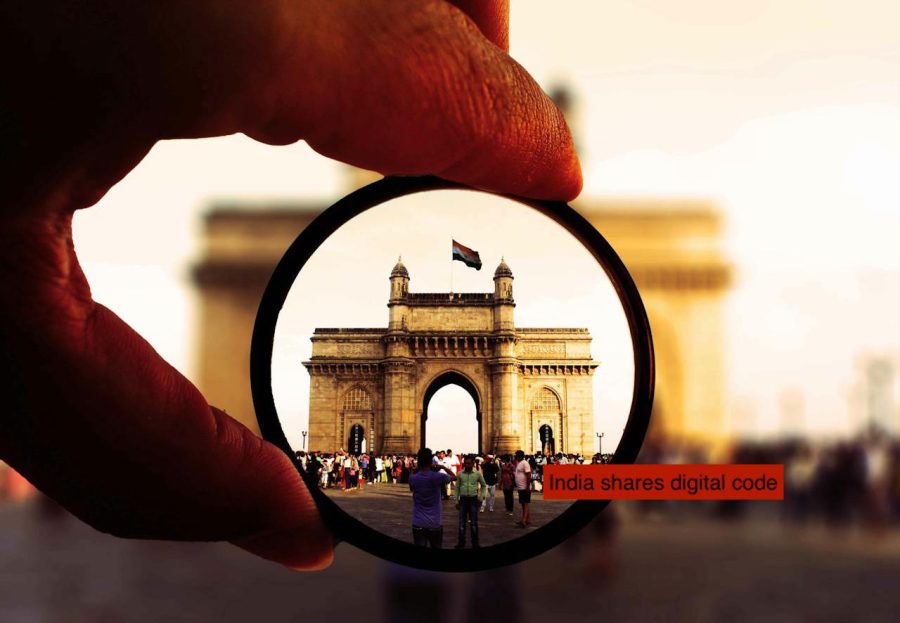In a major diplomatic move, India has launched the Global Digital Public Infrastructure Repository, a collection of open-source software code created by governments to accelerate digital development globally. This launch culminates India’s push for broader adoption of digital public infrastructure (DPI) — the concept that governments should open source their own digital platforms and architectures so other nations can build upon them.
According to a Nov. 23 The Register report, the repository contains code from 54 projects across 15 countries and the EU — the majority of which was contributed by India itself. Highlights include foundational platforms like India’s pioneering digital ID system Aadhaar, its real-time payments interface UPI which reaches nearly all of India’s 1.4 billion citizens, and India’s national cloud computing initiative. Other nations have shared code for digital tools in healthcare, education, smart cities, payments, and identity management.
Experts view open-sourcing India’s robust digital infrastructure stacks as an intelligent diplomatic move. At a basic level, it helps strengthen relationships with countries that adopt and integrate this code into their own systems. More broadly — it establishes India’s digital development model as an alternative to China’s massive physical infrastructure investments abroad.
The repository launch also featured India putting $25 million into a Social Impact Fund
The repository launch also featured India putting $25 million into a Social Impact Fund to provide financial resources and assistance to countries implementing these technologies. This directly serves India’s aims of positioning itself as a partner for developing nations lagging in digital capabilities. It also ties into the larger goal of spreading India’s model and standards for the digital economy abroad, just as it sets the stage to potentially lead cooperation on 6G networks through the present decade.
Critics contend India still struggles with effectively deploying advanced technologies at home, with programs like the $20 billion Smart Cities Mission lagging goals in transforming urban spaces. However, by open-sourcing tools that demonstrably succeed at a massive scale, like Aadhaar and UPI, India aims to show the building blocks exist for welfare systems and data-driven governance — if developing countries adopt and adapt them as a foundation.
Featured Image Credit: Darshak Pandya; Pexels.


















